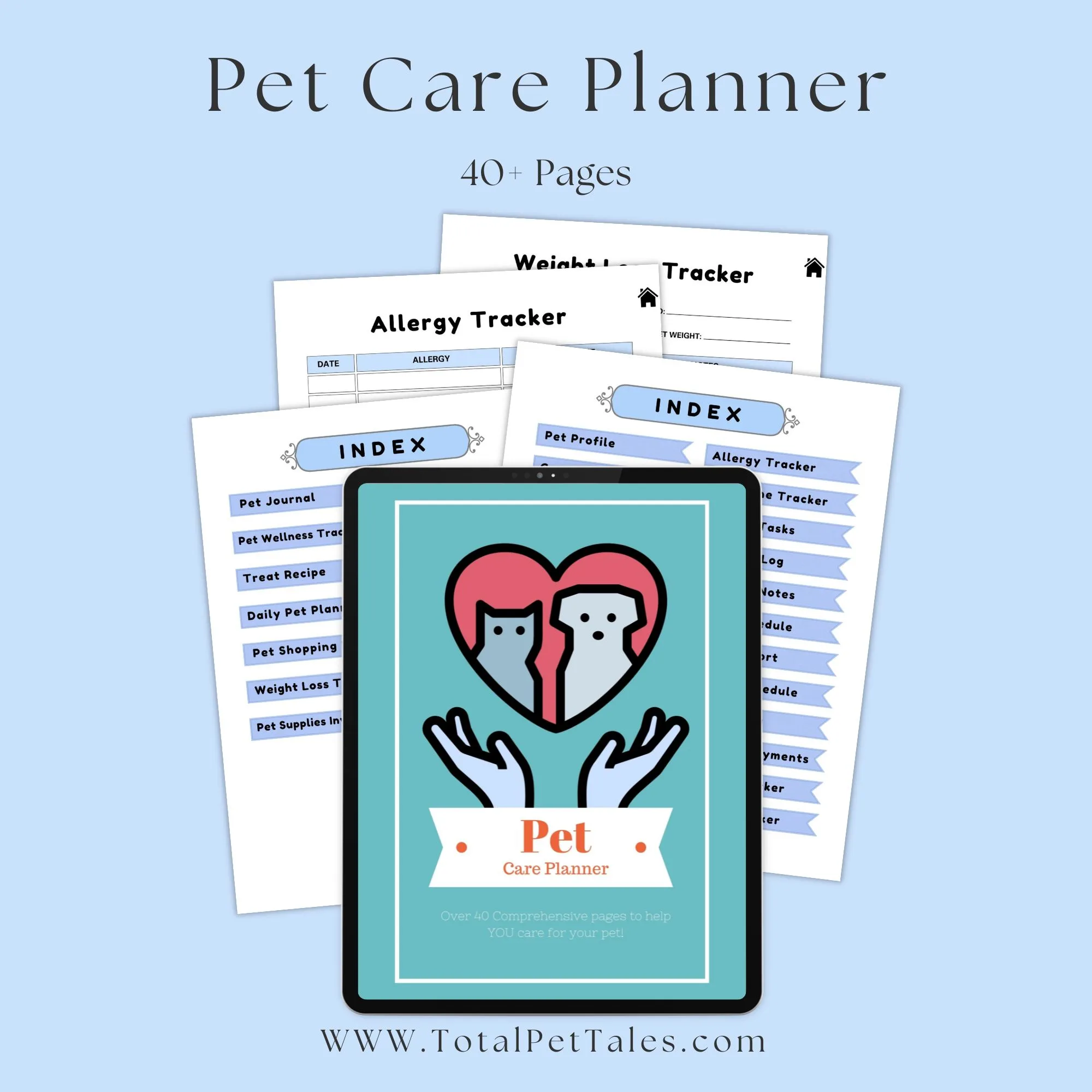Rottweilers stand as a powerful breed, known for their loyalty and strength. Originating from Germany, these dogs have served various roles from being fierce protectors to loving family members. Despite their intimidating appearance, Rottweilers possess a calm demeanor, making them excellent companions under the right guidance. Their intelligence and eagerness to please require owners to engage in consistent training and socialization. Understanding the unique needs of a Rottweiler is crucial for fostering a healthy, happy relationship with this noble breed. This introduction aims to shed light on the essential aspects of Rottweiler care, behavior, and the deep bond they can form with their human counterparts.
Key Takeaways
- Rottweilers are loyal and protective dogs, making them excellent family pets when trained and socialized properly.
- Regular vet check-ups and a healthy diet are crucial for a Rottweiler’s health, as they can be prone to specific health issues.
- Providing enough space and exercise is key to living harmoniously with a Rottweiler, as they are large, energetic dogs.
- When looking to add a Rottweiler to your family, seeking reputable breeders or considering adoption can ensure you get a healthy and well-socialized dog.
- Understanding the breed’s characteristics and needs can help potential owners decide if a Rottweiler is the right fit for their lifestyle.
- Investing time in training and bonding with a Rottweiler can lead to a rewarding companionship for both the dog and its owner.
Breed Overview
History
The Rottweiler breed traces its lineage back to ancient Rome, serving as herding and guard dogs. These large dogs were valued for their strength and reliability, often accompanying Roman legions across Europe. They herded livestock and protected the soldiers’ camps at night.
In Germany, the breed found its name and purpose in the town of Rottweil. Here, they became indispensable in cattle herding and protection. The Rottweilers, or “Rottweil butchers’ dogs,” ensured the safety of both herd and handler through their formidable presence.
The early 20th century marked a turning point for Rottweilers. Their numbers had dwindled, but a resurgence occurred as they began to be recognized for police and military work. The American Kennel Club (AKC) officially recognized the breed in 1931, further solidifying their status as versatile working dogs.
Physical Characteristics
Rottweilers boast a distinctive black and tan coat pattern that is instantly recognizable. Their muscular build and broad chest are indicative of their power and strength. These traits make them formidable protectors.
Males typically stand taller and more robust than females, showcasing a powerful stance that commands respect. The breed standard emphasizes these physical characteristics, ensuring Rottweilers retain their impressive physique across generations.
Personality and Temperament
Rottweilers are fiercely loyal family dogs with a protective nature towards those they consider part of their pack. This loyalty makes them exceptional companions but also means they can be wary around strangers. Early socialization is crucial to help them become well-adjusted adults.
Their intelligence shines through in dog sports and training exercises. Rottweilers possess a natural eagerness to please, making them highly trainable. However, they require consistent leadership to harness their strong will effectively.
Health And Care
Common Health Issues
Rottweilers face specific health challenges, like hip dysplasia and elbow dysplasia. These genetic conditions can limit their mobility and quality of life. Owners should watch for signs of discomfort in their pets.
Obesity is another significant risk for Rottweilers. A proper diet and regular exercise are crucial to prevent this issue. It’s not just about less food; it’s about the right food.
Regular vet visits are essential. They help catch heart issues and cancer early. Early detection can make a big difference in treatment success.
Dietary Needs
A balanced diet is key for Rottweilers. Their food should match their age, size, and activity level. This approach helps keep them healthy and energetic.
Overfeeding leads to obesity and related health problems. It’s a common mistake that can have serious consequences for their health.
Consulting with a vet can provide valuable dietary advice. They can recommend foods that address specific health needs or concerns.
Exercise Requirements
Daily exercise is non-negotiable for Rottweilers. It keeps them fit physically and mentally sharp. Activities like walking, running, and agility training are excellent choices.
The risks of under-exercising include behavioral issues and obesity. Both are preventable with a consistent exercise routine.
Grooming
Their short coat makes grooming relatively easy, but don’t overlook it. Regular brushing reduces shedding and keeps their coat healthy.
Nail trimming, ear cleaning, and dental care are also important parts of grooming. These practices prevent discomfort and infections.
During seasonal shedding periods, they may need more frequent grooming to manage the extra hair.
Living with a Rottweiler
Training and Socialization
Early socialization is key for Rottweilers. It helps them become well-adjusted adults. Without this, they might become aggressive or shy. Owners should introduce their Rottweilers to different people, animals, and situations early on.
Positive reinforcement works best for training. This means rewarding good behavior with treats or praise. It encourages them to repeat those behaviors. Obedience classes offer benefits too. They teach dogs how to behave around other dogs and people. Plus, they strengthen the bond between dog and owner.
Environment
Rottweilers thrive in homes with plenty of space. They need room to run and play every day. A big yard is ideal for them to exercise in safely.
Small, confined spaces are not suitable for these large dogs without regular exercise. They can develop behavioral issues if kept in such environments. A securely fenced yard is important too. It prevents them from wandering off and getting into trouble.
Activities They Enjoy
Rottweilers love being active and participating in various activities. Hiking, swimming, and playing fetch are some of their favorites. These activities keep them physically fit and mentally stimulated.
They also excel in working roles like search and rescue or therapy work. Their strength and intelligence make them perfect for these jobs. Obedience and agility competitions are enjoyable for them too. These events allow them to show off their skills and bond with their owners.

Breeder Advice and Adoption
Choosing a Breeder
When you decide to welcome a Rottweiler into your home, finding the right breeder is crucial. Look for breeders who prioritize the health of their dogs. This means they should conduct thorough health screenings on all breeding stock. These tests help ensure that puppies are less likely to inherit serious health conditions.
It’s also wise to ask for references from past buyers. This gives insight into others’ experiences with the breeder. Moreover, visiting the breeding facility in person allows you to see the living conditions of the dogs. Healthy, clean environments speak volumes about a breeder’s care and professionalism.
Lastly, check if the breeder has any breed-specific certifications. Also, inquire about health guarantees for puppies. Such commitments indicate a breeder’s confidence in their breeding program and their dedication to raising healthy Rottweilers.
Adoption
Adopting a Rottweiler can be a rewarding alternative to buying from a breeder. Many shelters and rescue organizations specialize in this breed. They often have adult dogs looking for new homes. Adopting an adult dog comes with benefits like bypassing the demanding puppy stage. Adult dogs usually have established temperaments, making it easier to find one that matches your lifestyle.
Before adopting, prepare questions about the dog’s history, temperament, and health. Understanding these aspects helps ensure you’re ready for any special care needs. It also helps match you with a dog that suits your family’s dynamics.
Adoption not only gives a second chance to a deserving dog but also supports valuable rescue work.
Top Dog Grooming Tools (Click Here)
Final Remarks
Rottweilers, with their robust build and loyal temperament, stand as a testament to the importance of responsible ownership and understanding breed-specific needs. This article has navigated through the essentials of breed overview, health care, living conditions, and adoption advice to provide a comprehensive guide for current or prospective Rottweiler owners. Their well-being hinges on proper care, regular health check-ups, suitable living environments, and ethical breeding practices. These aspects underscore the commitment required to ensure these magnificent dogs lead happy, healthy lives.
For those considering welcoming a Rottweiler into their home or seeking to deepen their bond with one, it’s crucial to continue educating oneself about their unique needs. Engaging with reputable breeders, seeking advice from veterinarians, and joining community forums can offer invaluable insights. Let’s advocate for responsible ownership and celebrate the enriching companionship Rottweilers bring to our lives.
Frequently Asked Questions
What is the average lifespan of a Rottweiler?
Rottweilers typically live between 8 to 10 years. Proper care, regular veterinary check-ups, and a healthy lifestyle can positively influence their lifespan.
How often should a Rottweiler be exercised?
Rottweilers require daily exercise to maintain their physical health and mental well-being. A minimum of an hour of physical activity per day is recommended.
What are common health issues in Rottweilers?
Common health issues include hip dysplasia, elbow dysplasia, heart problems, and certain types of cancer. Regular health screenings can help in early detection and management.
Can Rottweilers adapt to living in an apartment?
Yes, Rottweilers can adapt to apartment living if they receive sufficient exercise, mental stimulation, and attention from their owners.
What should I look for when choosing a Rottweiler breeder?
Look for breeders who perform health screenings on their breeding dogs, provide a clean and stimulating environment for puppies, and are transparent about the lineage and health history of their dogs.
Is it better to adopt a Rottweiler or buy one from a breeder?
Adoption is a great option for giving a rescue dog a second chance at life. However, buying from a responsible breeder ensures knowledge about the dog’s genetic background and health. Both options have benefits depending on what you’re looking for in your relationship with your pet.
How do I prepare my home for a Rottweiler puppy?
Ensure your home is puppy-proofed by securing electrical cords out of reach, removing toxic plants or substances, setting up a designated sleeping area, and having chew toys available to satisfy their teething needs.







0 Comments